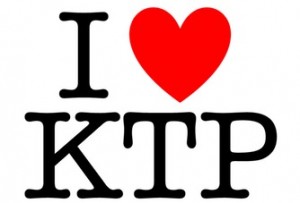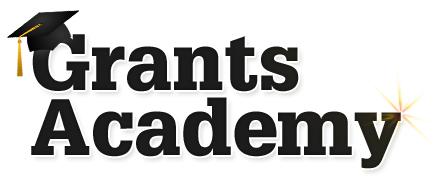I am delighted to announce the launch of the inaugural Knowledge Transfer Partnerships Academic Development Scheme (KTPADS). This centrally coordinated programme is for academic staff to work towards achieving a Knowledge Transfer Partnership (KTP).
What is KTP?
A KTP is part-funded by the government and the aim of this scheme is to encourage collaboration on projects between businesses and academics. KTP had previously been called the Teaching Company Scheme (TCS), though a rebrand a decade ago saw the TCS become KTP. KTP is managed by Innovate UK (formerly the Technology Strategy Board) and provides benefits to all parties involved – this scheme offers a fusion of academic and industry collaboration supported by an associate (graduate).
What is to benefit to me?
KTP is an excellent way of bringing in income and developing knowledge exchange with a clear pathway to impact.
Key benefits of KTP are as follows:
- Facilitates research impact
- Increases research funding, including supervision time for the Knowledge Base Supervisor (academic) to the Associate (graduate), this time averages at half a day a week
- Contributes to the University’s REF submission
- Improve links with industry partners
- Apply knowledge to innovative business-critical project
- Raise your profile among colleagues/the Institution
What does this scheme involve?
This scheme consists of an initial one-day training course, on Wednesday 29th October 2014, off campus to provide you with the necessary information to pursue a KTP in your area of research. The training day consists of information about KTP, engaging with business and writing proposals. Members will be required to bring KTP ideas to develop.
Members are then supported throughout the year in developing their KTP ideas including support in working with business and bespoke one-to-one sessions with the Innovate UK KTP Adviser. Additional support includes a travel budget for members to use on potential KTP collaboration visits. Expected time commitments for this scheme are: one full day for the training course on 29th october 2014, two half-day support networks in 2015 and at least three one-to-ones with the KTP Adviser from Innovate UK and unlimited one-to-ones as per your requirements from the KE Adviser (KTP) within the BU Research and Knowledge Exchange Office.
Please note: members are expected to collaborate with business and submit a KTP proposal within a year of starting the scheme.
What are the KTP funding priorities?
If you’re interested in working on KTP, there are a number of funding priorities for KTP as detailed below:
- Advanced materials
- Nanotechnology
- Biosciences
- Electronics, photonics and electrical systems
- Information and communication technologies
- High value manufacturing
- Digital technologies
- Emerging technologies
- Energy generation and supply
- Environmental sustainability
- Sustainable agriculture and food
- Low impact buildings
- Creative industries
- High value services
- Medicines and healthcare
- Assisted living
- Detection and identification of infectious agents
- Stratified medicine
- Transport
- Space
Currently, there is a special funding call with an agri-food theme. This funding call has an additional £2.3m to fund KTP in this area, further information on this call can be found here.
If your research speciality fits into any of these themes, then KTP could be a great knowledge exchange project for you.
How do I apply?
To apply for a place on the scheme, please contact Rachel Clarke to request an application form. This form will need to be signed by yourself and your Deputy Dean of Research & Enterprise (or equivalent). Applications open on Monday 22nd September and close at midnight on Wednesday 8th October.
A further KTP Academic Development Scheme will be announced in 2015 via the BU Research Blog.
If you would like to discuss this scheme or receive an application form, please contact Rachel Clarke, Knowledge Exchange Adviser (KTP) on 01202 961347 or clarker@bournemouth.ac.uk
























 BU attendance at third annual GCPHR meeting in June
BU attendance at third annual GCPHR meeting in June Interactive Tangible and Intangible Heritage Applications – BU student work featured in new book chapter
Interactive Tangible and Intangible Heritage Applications – BU student work featured in new book chapter Second NIHR MIHERC meeting in Bournemouth this week
Second NIHR MIHERC meeting in Bournemouth this week MSCA Postdoctoral Fellowships 2025 Call
MSCA Postdoctoral Fellowships 2025 Call ERC Advanced Grant 2025 Webinar
ERC Advanced Grant 2025 Webinar Horizon Europe Work Programme 2025 Published
Horizon Europe Work Programme 2025 Published Horizon Europe 2025 Work Programme pre-Published
Horizon Europe 2025 Work Programme pre-Published Update on UKRO services
Update on UKRO services European research project exploring use of ‘virtual twins’ to better manage metabolic associated fatty liver disease
European research project exploring use of ‘virtual twins’ to better manage metabolic associated fatty liver disease